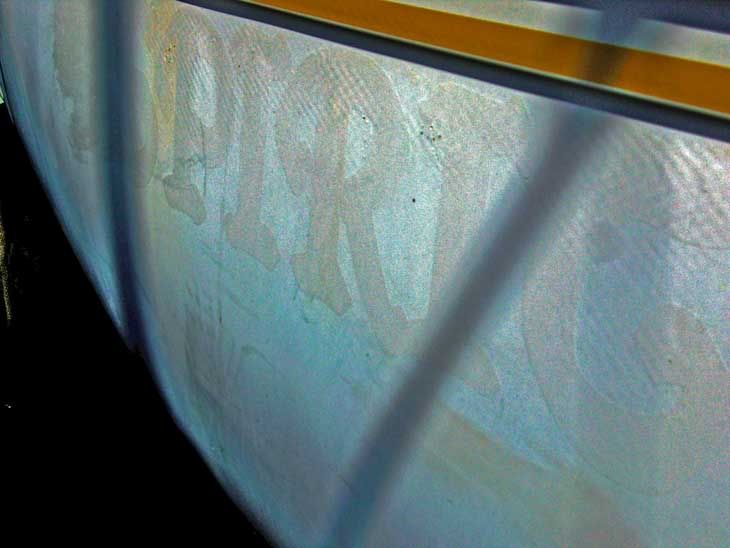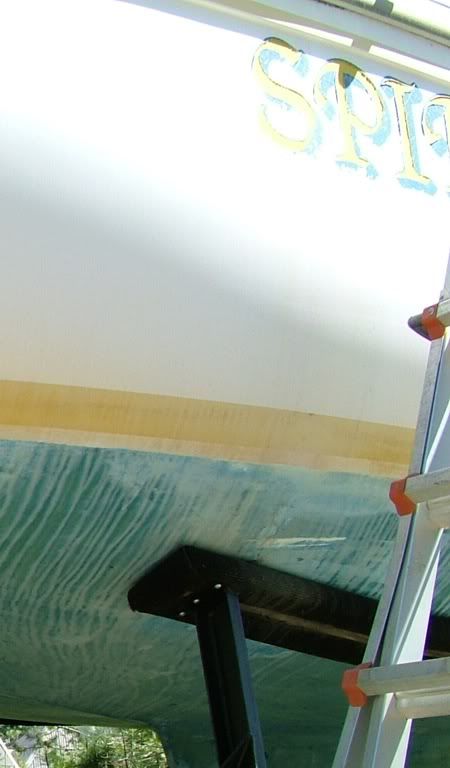|
|||
| Assn Members Area · Join | |||
|
|
|
|
|
|
|
|
|
|
|
|
|
|
|
|
|
|
|
|
|
|
|
|
|
|
|
|
|
|
|
|
|
|
|
|
|
|
|
|
|
|
|
|
|
|
|
 |
|
|
|
||||||||||||||||||||||||||||||||||||||||||||||||||||||||||||||||||||||||||||||||||||
|
|
 |
| Notice: The advice given on this site is based upon individual or quoted experience, yours may differ. The Officers, Staff and members of this site only provide information based upon the concept that anyone utilizing this information does so at their own risk and holds harmless all contributors to this site. |





 Molly Brown: 1967 Grand Banks 32-#34. Bronze, mahogany, teak, oak, with 120hp diesel to push all 10 tons. Currently an abuser of the bilge pump. Also... The Tall Rig Spirit: 1978, #973, Cast Fe Fin Keel on a Trailer
Molly Brown: 1967 Grand Banks 32-#34. Bronze, mahogany, teak, oak, with 120hp diesel to push all 10 tons. Currently an abuser of the bilge pump. Also... The Tall Rig Spirit: 1978, #973, Cast Fe Fin Keel on a Trailer


 Found image: dated 2004 from the image CD included with the boat. Just an FYI.
Found image: dated 2004 from the image CD included with the boat. Just an FYI.